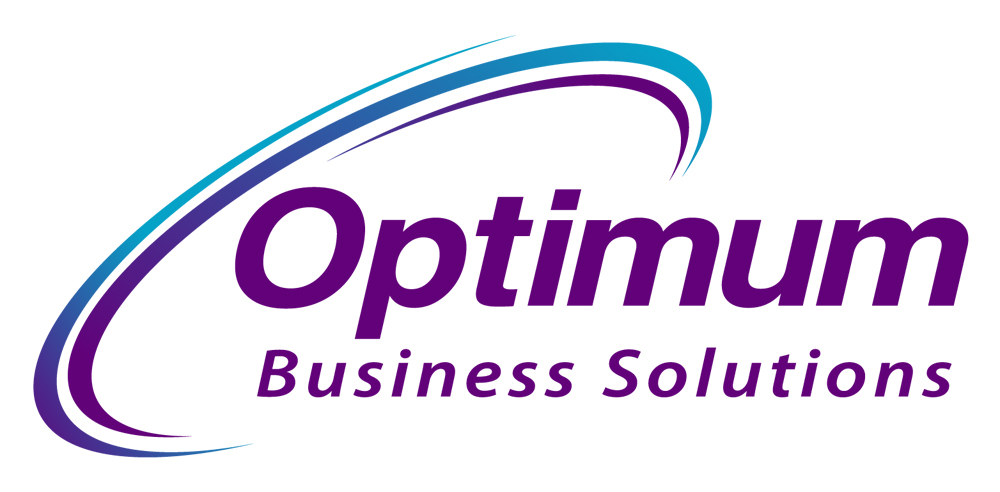Wage Compliance: Options vs. Required – What Every Employer Should Know
In the world of workforce management, wage compliance isn’t simply an administrative chore – it’s a vital decision point that shapes employee trust and business longevity. Whether you’re a boutique startup or a multi-state corporation, understanding the boundaries between required wage compliance and optional best practices keeps you on the right side of the law and your workforce.
“Wage compliance is not just about ticking boxes. It’s about building a workplace where people know they’re valued—and protected.”
What Is Required Wage Compliance?
The backbone of required wage compliance is federal and state law, beginning with the Fair Labor Standards Act (FLSA), which sets minimum wage, overtime, recordkeeping, and child labor standards for most U.S. workplaces. Employers are legally obligated to:
- Pay at least the federal minimum wage, or higher if their state mandates it
- Pay overtime (generally time and a half) for eligible employees working more than 40 hours per week
- Classify employees correctly (versus independent contractors)
- Keep compliant payroll records for all employees
- Adhere to youth employment rules if hiring minors
State regulations often expand on these requirements, sometimes imposing stricter hourly rates, overtime rules, or additional compliance mandates. It’s essential to follow whichever law benefits employees the most.
Common Required Wage Compliance Elements
- Minimum wage laws: Set by federal, state, and occasionally local governments
- Overtime requirements: May differ between federal (over 40 hours/week) and state law (sometimes over 48 hours/week)
- Tax withholding: Federal and state deductions are mandatory, with rules shifting based on location and employee status
- Pay frequency: States dictate how often employees must be paid and set rules for final paychecks
- Wage theft prevention: Laws in some states require employers to give written wage notices and maintain transparency
Learn more about these topics in detail via Zynergia’s FAQ Corner.
What Are Optional Wage Compliance Practices?
Beyond the hard lines of the law, employers have leeway to introduce voluntary wage enhancements that support recruitment, retention, and workforce morale, such as:
- Above-minimum wages: Paying more than the required minimum can attract talent and reduce turnover.
- Flexible pay schedules: Transitioning to weekly or on-demand payments, where state law allows.
- Expanded paid leave programs: Going beyond mandatory state leave to include extra paid vacation, personal days, and sick time.
- Retirement and health benefits: Some states mandate retirement plans, but employers can offer more, such as 401(k) matching or health stipends, even if not required by law.
For a broader picture of how services and compliance solutions can be tailored for your business model, explore Zynergia’s full Services catalog.
Why Does Wage Compliance Matter?
The cost of non-compliance is steep – ranging from fines and back pay to reputational damage and even legal action. By melding required standards with optional enhancements, businesses build sustainable practices and healthy employee relationships.
Stay tuned for the next part, where we’ll examine specific real-life compliance options, pitfalls, and successful strategies drawn from Zynergia’s multi-brand experience and core values. For now, dive into the company’s purpose and story on the Our Story page, or get the latest regulatory updates on the homepage.








